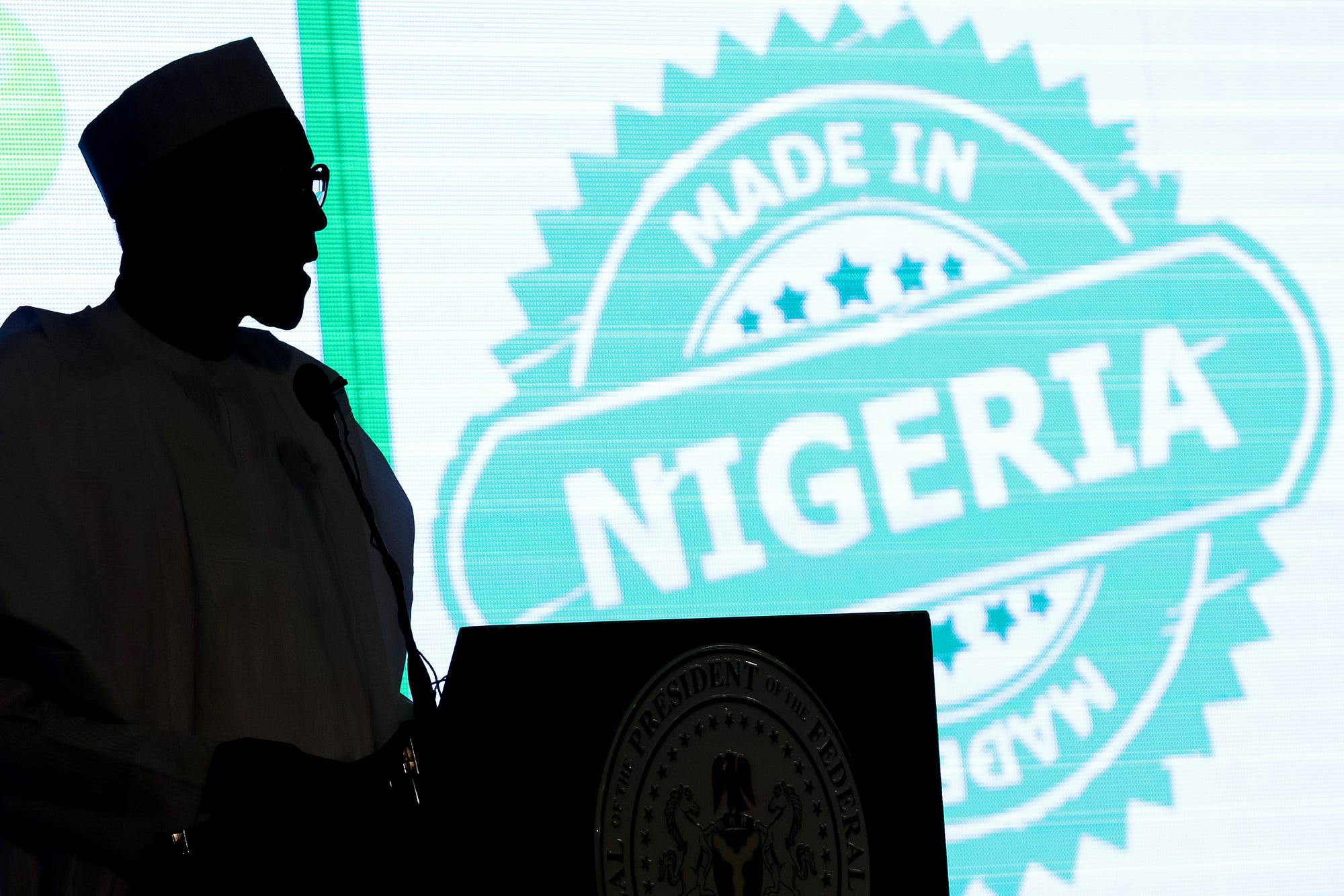The value of Nigeria’s total foreign trade in goods increased in the second quarter of 2017 by 7.7 percent compared to the ₦5.3 billion recorded for the first quarter.
This was revealed in a National Bureau of Statistics, NBS report.
The monthly external trade value stood at ₦1.86 trillion in April, ₦1.99 trillion in May, and ₦1.84 trillion in June 2017.
The report showed that the total trade was about 37.3 percent higher than the value of trade in the second quarter of 2016 valued at ₦4.15 trillion.
It also showed that the trade balance stood at a surplus of ₦506.5 billion in the second quarter of 2017, compared to a surplus of ₦719.4 billion recorded in the preceding quarter and a trade deficit of ₦572.12 billion in the corresponding quarter last year.
According to the report:
“The value of total imports stood at ₦2.6 trillion, with a percentage increase of 13.51 when compared to the first quarter and 9.97 per cent higher than Q2 2016.
The value of Imported Agricultural goods were 16.01 per cent higher than the value recorded in Q1, 2017 but 61.02 per cent higher than Q2 2016.
The value of Raw material imports were 17.4 per cent more than Q1,2017 but 63.20 per cent higher than the value in Q2 2016.
Solid Minerals imports in Q2 2017, increased by 1,527.44 per cent compared to Q1 2017 but was 1,947.52 per cent higher than Q2 2016.
Energy goods imports in Q2 2017 were 177.77 higher than Q1 2017 and compared to Q2 2016 when no energy goods imports were recorded.
Manufactured goods imports value was 9.5 percent higher in Q2 2017 than the level in Q1 2017 but – 18.33 percent lower than Q1 2016.
Other oil products imports value was 6.4 percent lower than in Q1 2017 and 18.4 per cent higher than Q2 2017.”
For export, the total value stood at ₦3.10 trillion with a percentage increase of 3.2 percent compared to the total export value of the first quarter and 73.48 percent over the first quarter of 2016.
“Agricultural goods export value was -1.03 percent lower than quarter one but 94.05 percent higher than the second quarter of 2016.
Raw material exports value increased by 31.8 percent in Q2 2017 against the level in Q1 2017 but 206.4 per cent higher than Q2 2016.
Solid Minerals exports value decreased by -27.58 percent compared to Q1 2017 but was 122.01 percent higher than Q2 2016.
Energy goods exports value was 117.84 percent higher than Q1 2017 but 606.01 percent higher than the value in Q2 2016.
Manufactured goods exports were 17 percent lower than the value in Q1 2017 but 157.16 percent higher than 2016.
Crude Oil exports were 2 percent more than the value recorded in Q1 2017 but 63.2 percent than Q2 2016.
Other oil products exports were 12.5 percent more in value than in Q1 2017 but 117.33 percent than Q2 2016,” the NBS report revealed.
The report also showed that agricultural goods contributed 4.60 percent of total trade with a total value of ₦261.92 billion.
Major traded agricultural products include cashew nuts, sesame seeds, frozen shrimps and prawn, flour and meals of soya beans and ginger.
Agriculture exports accounted for 0.96 percent of total exports valued at ₦29.71 billion while agricultural imports accounted for 8.85 percent of total imports valued at ₦232.1 billion in the quarter under review.
The total value of solid minerals trade stood at ₦194.6 billion representing 3.42 percent of total trade in Q2 2017.
Solid Minerals exports stood at ₦3.06 billion representing 0.1 per cent of total exports while solid minerals imports stood at ₦191.5 billion representing 11.52 percent of total imports.
The report also showed that the manufactured goods represents 21.86 percent of total trade valued at ₦1.24 trillion in Q2 2017.
Manufactured goods exports stood at ₦81.5 billion representing 2.63 percent of total exports while manufactured goods imports represent 44.84 percent of total imports valued at ₦1.1 trillion.
Raw materials represent 5.63 percent of total trade valued at ₦320.6 billion.
Countries involved in export trading activities with Nigeria in the second quarter of 2017 include India, Spain, United States, Netherlands and France with a percentage share of 16.75 percent, 12.02 percent, 10.22 percent, 7.78 percent, and 7.25 percent, respectively.
